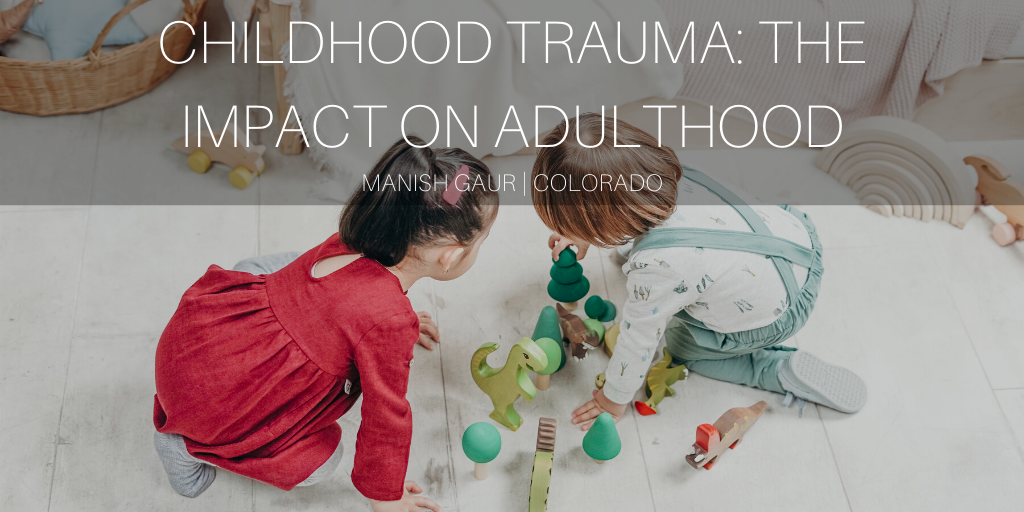In our last blog, we took a high-level look into what trauma is, and the different forms of trauma that someone can experience. This time around, we’re going to discuss how childhood trauma impacts your development as you grow and transition into adulthood. Talking about trauma is a pretty complex discussion. There are different types and levels of trauma, and everyone reacts to and copes with it differently. What’s important to remember is, defining trauma isn’t always as crystal clear as you may think, and its complexity can often take a long while to break down.
While traumatic experiences can come in many forms, such as major life-changing events, from physical abuse to natural disasters that can impact a person instantly, complex trauma makes its impact over time. It’s often much harder to define or recognize. For children, dealing with complex traumatic events, like the absenteeism of a parent, can make a long-lasting impact on their development and how they function in adulthood.
Lack of Stability
To provide a child with a healthy home and upbringing, parents or guardians need to establish a sense of safety and stability. Growing up in a stable home is a foundational part of a child’s cognitive, emotional, and social development. Without it, children often face difficulties in school and when building relationships; these difficulties often carry over into their adulthood and professional lives. In an article by Dr. Jade Wu, she refers to a survey known as the Adverse Childhood Events (ACE) study. The study was conducted with more than 17,000 participants who responded to 10 survey items about their childhood experiences. Wu states in her article that out of 17,000 participants, 64% claimed at least one of the ten items affected their childhood, while 12.5% claimed four or more trauma items on the survey.
Attachment Disorders
Adult attachment disorders are a direct result of a child experiencing cases of complex trauma throughout their lives. When this trauma comes from a parent or caregiver, it causes a child to struggle with building and maintain healthy relationships.
- Dismissive-avoidant attachment
When a child’s needs are not met, or generally ignored by their parent or caregiver, a common coping mechanism is for the child to pull away emotionally to protect themselves from feeling rejected. This feeling of rejection carries over into adult life, making it difficult to feel comfortable or open with forming new relationships.
- Fearful-avoidant attachment
Many children, unfortunately, experience long-time abuse or neglect from their parents or caregivers. While a parent is supposed to be a supportive source of comfort, in cases of abuse or neglect, a parent can also be a source of hurt and pain. This ultimately results in adults who hold a significant lack of trust within their relationships and may avoid forming them as a way of self-protection.
- Anxious-preoccupied attachment
Anxious-preoccupied attachment disorder is a result of inconsistency within the child-parent relationships. While some times a parent shows love, care, and attention, during others, they may come off as angry, cold, or emotionally detached. This type of attachment disorder often causes victims to require extra validation in their relationships and a significant increase in anxiety when they feel changes within a relationship.
Complex childhood trauma can leave a child with a lot of open-ended areas for coping and healing as they go through their adulthood. In our next blog, we will focus on coping and healing tactics.
.
.
Originally published on manishgaurcolorado.com


